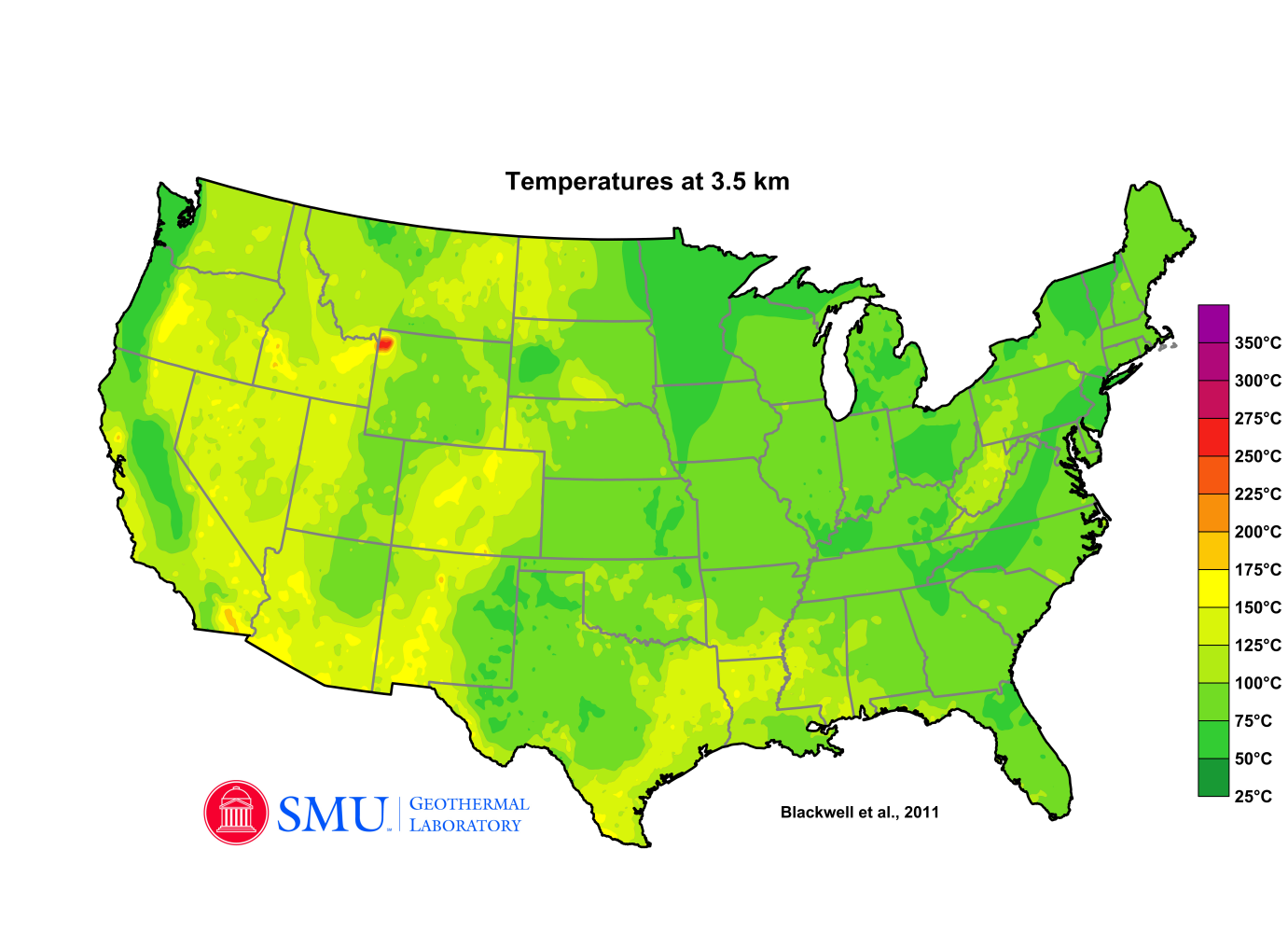Re: THE Volcano Thread Pt. 2
Bardabunga Update : NO MEGA EXPLOSION as eruptiom ends!
http://www.livescience.com/50065-bardar ... hotos.html
Iceland's six-month-long volcanic eruption was over for less than a week when geologists clambered onto the cooling lava lake in Baugur crater to measure toxic gases there. [Read the full story.]
Baugur crater was the tallest and largest in the long chain of craters built by the spectacular fire fountains that exploded from the earth on Aug. 31, 2014, in remote central Iceland. The magma feeding the eruption comes from Bardarbunga volcano, located some 28 miles (45 kilometers) to the southwest. Here are some of the stunning views from inside Baugur crater on March 4, 2015.
***********************************
So this biggest eruption in Europe since Laki ! Will not trigger a 2nd France Revolution because famine and pestilencia will not hit Europe again...... but........it will happen again.
M_B_S
http://www.livescience.com/50065-bardar ... hotos.html
Iceland's six-month-long volcanic eruption was over for less than a week when geologists clambered onto the cooling lava lake in Baugur crater to measure toxic gases there. [Read the full story.]
Baugur crater was the tallest and largest in the long chain of craters built by the spectacular fire fountains that exploded from the earth on Aug. 31, 2014, in remote central Iceland. The magma feeding the eruption comes from Bardarbunga volcano, located some 28 miles (45 kilometers) to the southwest. Here are some of the stunning views from inside Baugur crater on March 4, 2015.
***********************************
So this biggest eruption in Europe since Laki ! Will not trigger a 2nd France Revolution because famine and pestilencia will not hit Europe again...... but........it will happen again.
M_B_S




